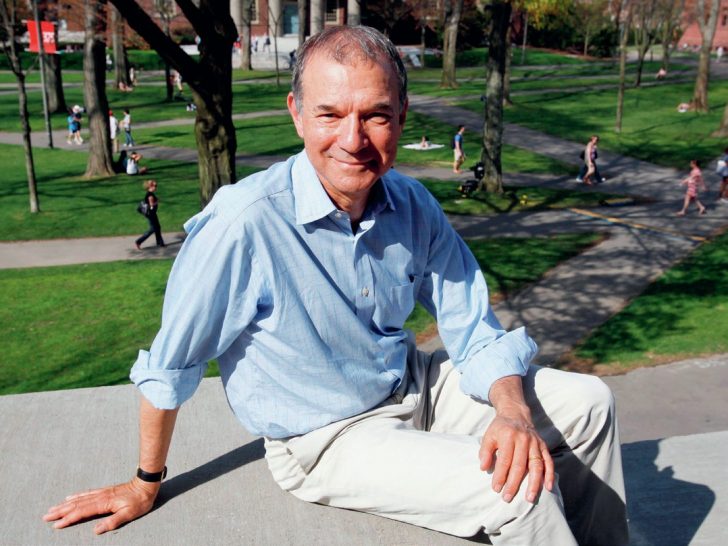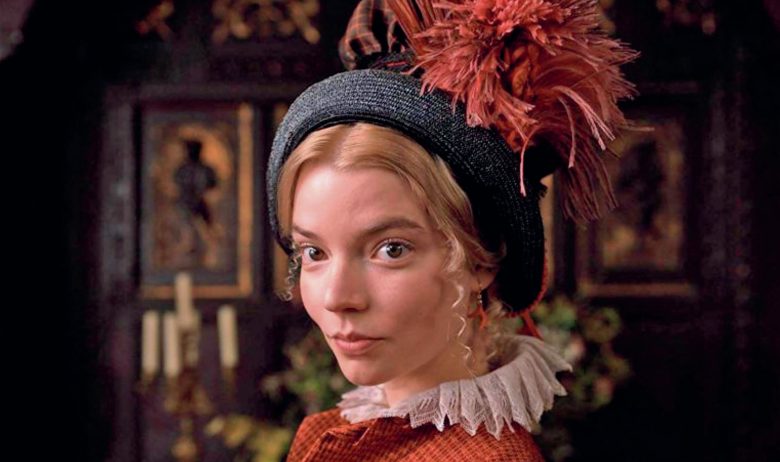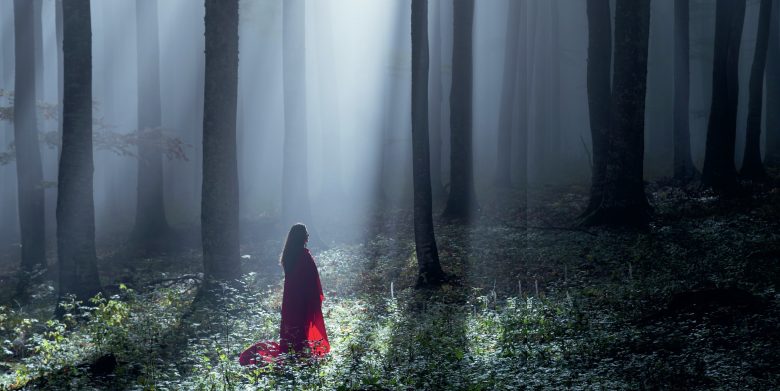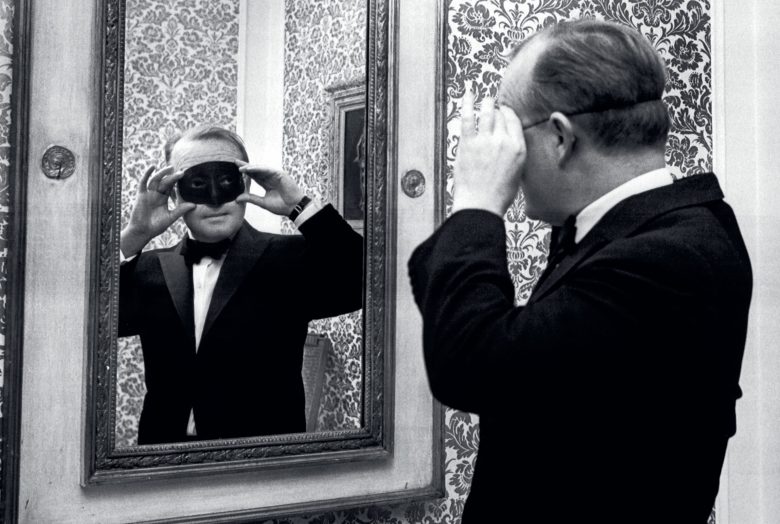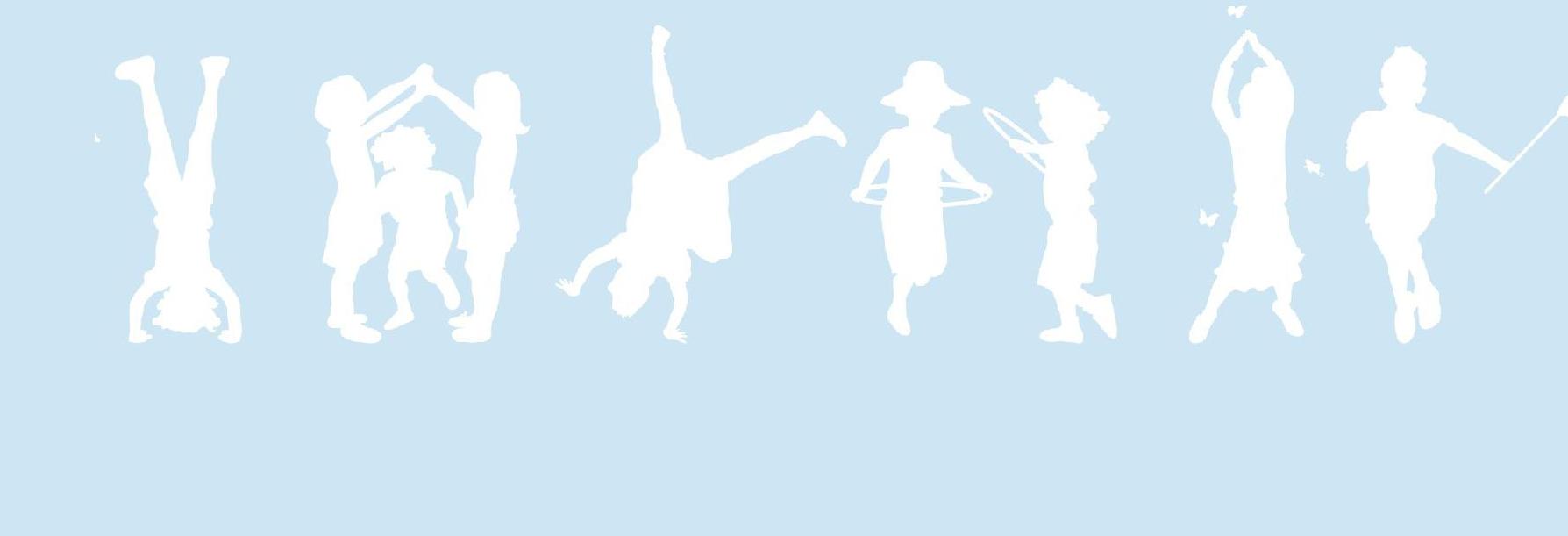
Spontaneous play, in which children improvise speech and actions, is fertile territory for writers. William Blake, in ‘Songs of Innocence’ (1789), sees play as an expression of children’s freedom from adults’ constraint. In ‘Nurse’s Song’ the children persuade their loving nurse to let them stay up later on a summer evening, ‘No, no let us play, for it is yet day/ And we cannot go to sleep’ they plead. The poem ends with their delight as she concedes: ‘The little ones leaped & shouted & laugh’d’. Blake’s print shows girls and boys leaping hand in hand in an open-ended circle. Play to Blake is the fullest expression of being human. As his German contemporary Schiller notes, ‘man only plays when he is in the fullest sense of the word a human being and he is only fully a human being when he plays’ (Schiller 2004, Fifteenth Letter, p. 80).
We would expect to find play in Shakespeare’s comedies, and there is indeed much game-playing in As You Like It, for example, when Rosalind, disguised as a boy, gets her own lover, Orlando, to role-play his affection for her. But Shakespeare does not suggest that play is only for comedies. In Act 5 of Antony and Cleopatra (1607) Charmian finishes Cleopatra’s dying line and closes her eyes. Then she fixes her mistress’s crown: ‘Your crown’s awry;/ I’ll mend it, and then play —’ (5.2.312–13). Her ‘play’ is to quieten the guard who comes rushing in with news of Caesar (‘Too slow a messenger’ she mocks [5.3.315]) and then apply an asp to her own breast to join Cleopatra in death. Play then can be found in the deadliest of places and can reveal, through ritual, the meeting of love and death.
Your organisation does not have access to this article.
Sign up today to give your students the edge they need to achieve their best grades with subject expertise
Subscribe

